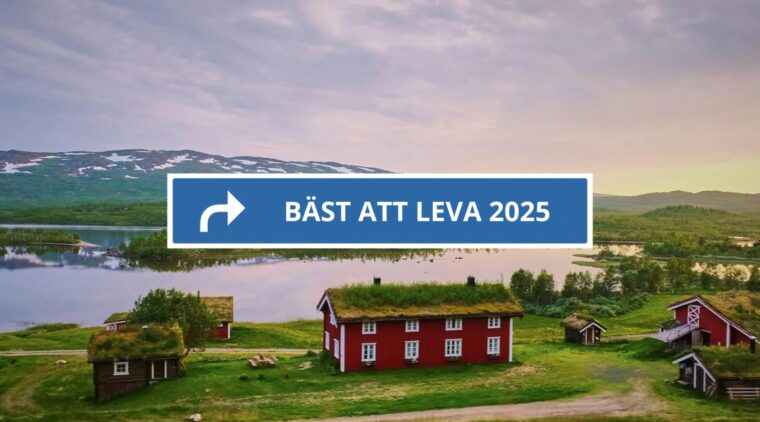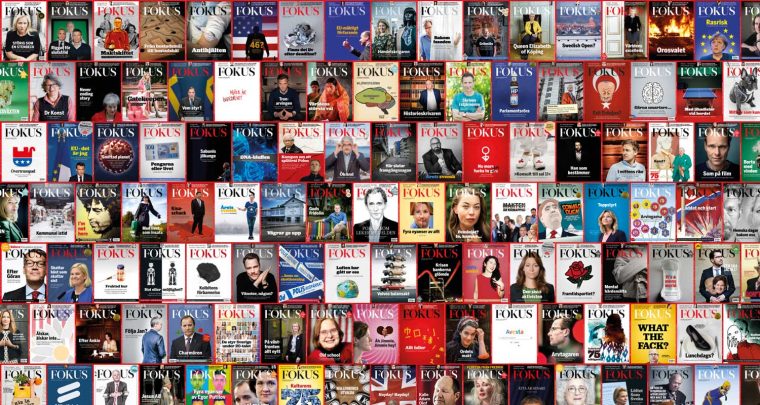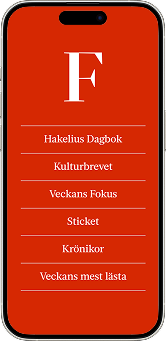© 2017 New York Times News Service
Donald Trump is not the answer to this nation’s problems, so the great questions of the moment are: If not Trump, what? What does the reaction to Trump look like?
For some people, the warriors of the populist right must be replaced by warriors of the populist left. For these people, Trump has revealed an ugly authoritarian tendency in American society that has to be fought with relentless fervor and moral clarity.
For others, it’s Trump’s warrior mentality itself that must be replaced. Warriors on one side inevitably call forth warriors on the other, and that just means more culture war, more barbarism, more dishonesty and more dysfunction.
The people in this camp we will call moderates. Like most of you, I dislike the word moderate. It is too milquetoast. But I’ve been inspired by Aurelian Craiutu’s great book “Faces of Moderation” to stick with this word, at least until a better one comes along.
Moderates do not see politics as warfare. Instead, national politics is a voyage with a fractious fleet. Wisdom is finding the right formation of ships for each specific circumstance so the whole assembly can ride the waves forward for another day. Moderation is not an ideology; it’s a way of coping with the complexity of the world. Moderates tend to embrace certain ideas:
The truth is plural. There is no one and correct answer to the big political questions. Instead, politics is usually a tension between two or more views, each of which possesses a piece of the truth. Sometimes immigration restrictions should be loosened to bring in new people and new dynamism; sometimes they should be tightened to ensure national cohesion. Leadership is about determining which viewpoint is more needed at that moment. Politics is a dynamic unfolding, not a debate that can ever be settled once and for all.
Politics is a limited activity. Zealots look to the political realm for salvation and self-fulfillment. They turn politics into a secular religion and ultimately an apocalyptic war of religion because they try to impose one correct answer on all of life. Moderates believe that, at most, government can create a platform upon which the beautiful things in life can flourish. But it cannot itself provide those beautiful things. Government can create economic and physical security and a just order, but meaning, joy and the good life flow from loving relationships, thick communities and wise friends. The moderate is prudent and temperate about political life because he is so passionate about emotional, spiritual and intellectual life.
Creativity is syncretistic. Voyagers don’t just pull their ideas from the center of the ideological spectrum. They believe creativity happens when you merge galaxies of belief that seem at first blush incompatible. They might combine left-wing ideas about labor unions with right-wing ideas about local community to come up with a new conception of labor law. Because they are syncretistic, they are careful to spend time in opposing camps, always opening lines of communication. The wise moderate can hold two or more opposing ideas together in her mind at the same time.
In politics, the lows are lower than the highs are high. The harm government does when it screws up — wars, depressions — is larger than the benefits government produces when it does well. Therefore the moderate operates from a politics of skepticism, not a politics of faith. He understands that most of the choices are among bad options (North Korea), so he prefers steady incremental reform to sudden revolutionary change.
Truth before justice. All political movements must face inconvenient facts — thoughts and data that seem to aid their foes. If you try to suppress those facts, by banning a speaker or firing an employee, then you are putting the goals of your cause, no matter how noble, above the search for truth. This is the path to fanaticism, and it always backfires in the end.
Beware the danger of a single identity. Before they brutalize politics, warriors brutalize themselves. Instead of living out several identities — Latina/lesbian/gun-owning/Christian — that pull in different directions, they turn themselves into monads. They prioritize one identity, one narrative and one comforting distortion.
Partisanship is necessary but blinding. Partisan debate sharpens opinion, but partisans tend to justify their own sins by pointing to the other side’s sins. Moderates are problematic members of their party. They tend to be hard on their peers and sympathetic to their foes.
Humility is the fundamental virtue. Humility is a radical self-awareness from a position outside yourself — a form of radical honesty. The more the moderate grapples with reality the more she understands how much is beyond our understanding.
Moderation requires courage. Moderates don’t operate from the safety of their ideologically pure galleons. They are unafraid to face the cross currents, detached from clan, acknowledging how little they know.
If you have elected a man who is not awed by the complexity of the world, but who filters the world to suit his own narcissism, then woe to you, because such a man is the opposite of the moderate voyager type. He will reap a whirlwind.
David Brooks är författare, kolumnist och politisk kommentator på New York Times.
Donald Trump is not the answer to this nation’s problems, so the great questions of the moment are: If not Trump, what? What does the reaction to Trump look like?
For some people, the warriors of the populist right must be replaced by warriors of the populist left. For these people, Trump has revealed an ugly authoritarian tendency in American society that has to be fought with relentless fervor and moral clarity.
For others, it’s Trump’s warrior mentality itself that must be replaced. Warriors on one side inevitably call forth warriors on the other, and that just means more culture war, more barbarism, more dishonesty and more dysfunction.
The people in this camp we will call moderates. Like most of you, I dislike the word moderate. It is too milquetoast. But I’ve been inspired by Aurelian Craiutu’s great book “Faces of Moderation” to stick with this word, at least until a better one comes along.
Moderates do not see politics as warfare. Instead, national politics is a voyage with a fractious fleet. Wisdom is finding the right formation of ships for each specific circumstance so the whole assembly can ride the waves forward for another day. Moderation is not an ideology; it’s a way of coping with the complexity of the world. Moderates tend to embrace certain ideas:
The truth is plural. There is no one and correct answer to the big political questions. Instead, politics is usually a tension between two or more views, each of which possesses a piece of the truth. Sometimes immigration restrictions should be loosened to bring in new people and new dynamism; sometimes they should be tightened to ensure national cohesion. Leadership is about determining which viewpoint is more needed at that moment. Politics is a dynamic unfolding, not a debate that can ever be settled once and for all.
Politics is a limited activity. Zealots look to the political realm for salvation and self-fulfillment. They turn politics into a secular religion and ultimately an apocalyptic war of religion because they try to impose one correct answer on all of life. Moderates believe that, at most, government can create a platform upon which the beautiful things in life can flourish. But it cannot itself provide those beautiful things. Government can create economic and physical security and a just order, but meaning, joy and the good life flow from loving relationships, thick communities and wise friends. The moderate is prudent and temperate about political life because he is so passionate about emotional, spiritual and intellectual life.
Creativity is syncretistic. Voyagers don’t just pull their ideas from the center of the ideological spectrum. They believe creativity happens when you merge galaxies of belief that seem at first blush incompatible. They might combine left-wing ideas about labor unions with right-wing ideas about local community to come up with a new conception of labor law. Because they are syncretistic, they are careful to spend time in opposing camps, always opening lines of communication. The wise moderate can hold two or more opposing ideas together in her mind at the same time.
In politics, the lows are lower than the highs are high. The harm government does when it screws up — wars, depressions — is larger than the benefits government produces when it does well. Therefore the moderate operates from a politics of skepticism, not a politics of faith. He understands that most of the choices are among bad options (North Korea), so he prefers steady incremental reform to sudden revolutionary change.
Truth before justice. All political movements must face inconvenient facts — thoughts and data that seem to aid their foes. If you try to suppress those facts, by banning a speaker or firing an employee, then you are putting the goals of your cause, no matter how noble, above the search for truth. This is the path to fanaticism, and it always backfires in the end.
Beware the danger of a single identity. Before they brutalize politics, warriors brutalize themselves. Instead of living out several identities — Latina/lesbian/gun-owning/Christian — that pull in different directions, they turn themselves into monads. They prioritize one identity, one narrative and one comforting distortion.
Partisanship is necessary but blinding. Partisan debate sharpens opinion, but partisans tend to justify their own sins by pointing to the other side’s sins. Moderates are problematic members of their party. They tend to be hard on their peers and sympathetic to their foes.
Humility is the fundamental virtue. Humility is a radical self-awareness from a position outside yourself — a form of radical honesty. The more the moderate grapples with reality the more she understands how much is beyond our understanding.
Moderation requires courage. Moderates don’t operate from the safety of their ideologically pure galleons. They are unafraid to face the cross currents, detached from clan, acknowledging how little they know.
If you have elected a man who is not awed by the complexity of the world, but who filters the world to suit his own narcissism, then woe to you, because such a man is the opposite of the moderate voyager type. He will reap a whirlwind.
David Brooks är författare, kolumnist och politisk kommentator på New York Times.






